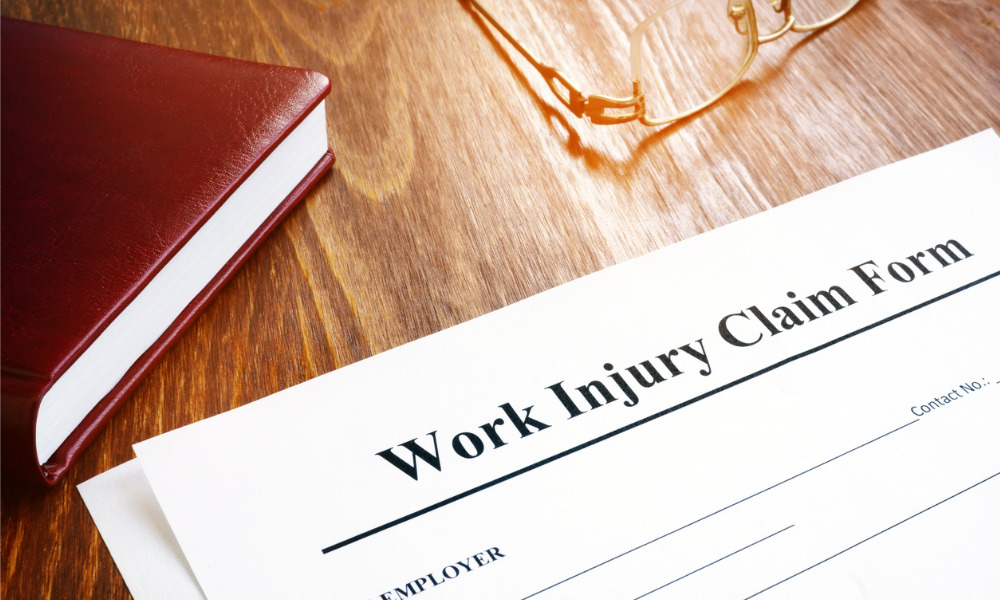
They're working from home and break their arm while on the clock – are you liable?

Are you maintaining your duty of care to staff working remotely?
During a parliamentary session in June, Zaqy Mohamad, minister of state for manpower made clear that employees have a right to file claims for injuries regardless of their working arrangement.
“Work-from-home arrangements do not change an employer’s responsibility for work injury compensation,” said Mohamad.
“The key is to ascertain that the injury arose while doing work at home, and not while performing non-work activities at home. This is a fact-finding exercise that is no different from all other work injury compensation claims.”
The onus is on the employee to prove their injury claim, stated the Ministry of Manpower (MOM). Employers are not liable for any compensation if the accident took place while employees were, say, taking a break and away from their work setup at home or attending to personal chores.
READ MORE: Can you fire staff for a 'minor' mistake?
Regardless, MOM makes clear that all employees are covered under the Work Injury Compensation Act (WICA) wherever they work, including from home. This means any employee, local or foreign, under a contract of service or apprenticeship, are covered by the Act – no matter their salary, age or nationality.
WICA doesn’t, however, cover independent contractors and self-employed individuals.
Employees covered by the Act can claim compensation benefits such as:
For non-permanent work injuries, employees can claim compensation for:
READ MORE: Sick leave in Singapore: Are MCs mandatory?
Disputes
During the same session, Mohamad explained that employers typically purchase Work Injury Compensation (WIC) insurance. This covers employees who are injured while doing work at home.
While employees have a right to file a claim, MOM states that all parties, including the employer and their insurer can dispute the claim within 14 days of the injury assessment.
There are two main types of disputes against a work injury claim:
When there is a dispute over the assessment, the employee’s injuries will be re-checked by an appointed panel of doctors. The panel’s assessment is considered final.
Do note that the ‘objecting party’ will have to pay the medical board fee of $357 for the re-assessment and costs of any required tests. If the fees are not paid on time, the objection may be nulled.
Once the dispute is resolved, MOM will issue a court order to all parties: employee, employer and insurer. The ministry will allow 21 days to pay the compensation.
Failure to pay compensation is an offence, carrying a fine of up to $10,000 or jail of up to 12 months, or both.
READ MORE: Can HR legally cut out employee benefits?
While you’re putting in place employee initiatives for things like well-being and engagement, and ramping up communications, one HR leader reminded that it’s important to maintain duty of care, regardless of an employee’s location.
“You have to make sure that your employee programs, policies and your business support employees […] no matter where they are based,” said Genevieve Godwin, chief people officer at PropertyGuru.
“I think it’s about not thinking about employees in the workplace. If your employees are employed by you, wherever they are based, you will have a responsibility to them.”